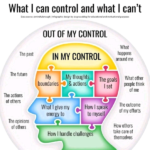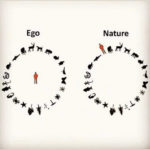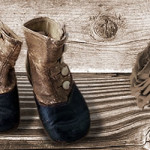
Below is an article from The School of Life… “How to Choose a Good Present.”
The essence of the article? Gifts are important. That thought is ingrained in childhood and isn’t likely to go away. But what does an adult need when it comes to a gift?
Excerpt from article:
Anything our friends are likely to want, they buy for themselves – or we won’t be able to afford to buy it for them. This isn’t to say that (our friends) don’t have any (needs); it’s merely that what they seek from us is largely psychological rather than material in nature.
(T)hey want encouragement and compassion, they want to be listened to with understanding and sympathy; they want someone to fathom the agonies of their relationships and their struggles with colleagues at work. They crave our kindness, care and interest. They want us to be active in their lives, to forgive them for their follies and to appreciate their strengths.
Yet we can’t ignore gift giving during certain holidays because we are conditioned to believe that a ribbon tied package confirms the receiver is special. So what do we do?
We should concentrate our efforts on buying them somewhat above-average examples of the ‘material’ of daily life: scissors, rulers, rubber bands, pencils, notepads, olive oil, salt, nail clippers, earplugs, mineral water, washing up liquid… the things one can be guaranteed to need and always to lack. By investing in slightly higher quality versions of these staples – for example, tracking down one of the very best dust pans or cans of tuna – we emphasize our degree of care. The very obviousness of the present is a way of owning up to the dilemma we are up against and of signaling with grace that our real role in our friends’ lives is of an emotional, not a practical, nature.
When we show up with a particularly large and tempting loaf of bread or a luxurious collection of paper clips, we are showing our true responsibility towards them, which is and always was: to love them.






























